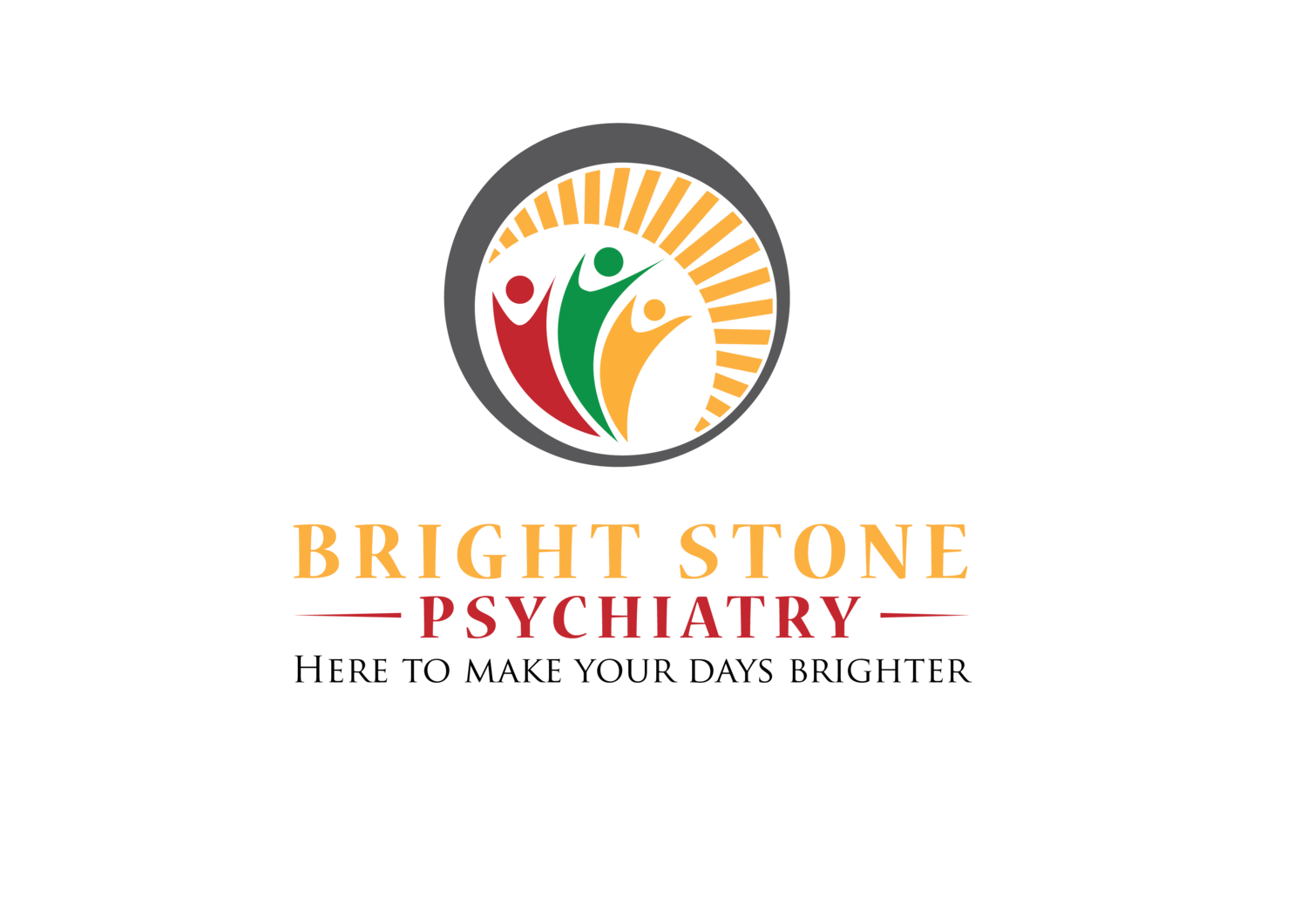The Importance of Sleep for Students
The Importance of Sleep for Students: A Guide from Brightstone Psychiatry
As students gear up for a new school year, it’s easy to get caught up in the whirlwind of academic responsibilities, extracurricular activities, and social commitments. However, one crucial aspect that often gets overlooked is sleep. Adequate sleep is not just about feeling rested; it plays a pivotal role in mental and physical health, academic performance, and overall well-being. At Brightstone Psychiatry, we understand the importance of sleep and want to share some insights and tips to help students achieve the rest they need for success.
The Importance Of Getting Enough Sleep
Why Sleep Matters for Students
Sleep is essential for everyone, but it’s especially crucial for students. During sleep, the brain processes information, consolidates memories, and repairs itself, all of which are vital for learning and development. Lack of sleep can lead to a range of negative outcomes, including:
Decreased Academic Performance: Sleep deprivation impairs cognitive functions such as attention, memory, and problem-solving skills, making it harder to perform well in school.
Emotional and Behavioral Issues: Insufficient sleep can lead to irritability, mood swings, and increased stress, making it difficult to manage the emotional ups and downs of student life.
Physical Health Problems: Chronic sleep deprivation is linked to a weakened immune system, weight gain, and an increased risk of developing chronic conditions such as diabetes and heart disease.
How Much Sleep Do Students Need?
The amount of sleep needed varies by age, but here are some general guidelines:
Children aged 6-12 years: 9-12 hours per night
Teens aged 13-18 years: 8-10 hours per night
Young adults aged 18-25 years: 7-9 hours per night
Unfortunately, studies show that many students are not getting the recommended amount of sleep. This can have serious consequences on their academic performance and mental health.
Tips for Setting a Healthy Sleep Schedule
Stick to a Consistent Sleep Schedule: Going to bed and waking up at the same time every day, even on weekends, helps regulate your body’s internal clock and makes it easier to fall asleep and wake up.
Create a Relaxing Bedtime Routine: Establish a calming pre-sleep routine to signal to your body that it’s time to wind down. This could include activities like reading, taking a warm bath, or practicing mindfulness.
Limit Exposure to Screens Before Bed: The blue light emitted by phones, tablets, and computers can interfere with the production of melatonin, the hormone that regulates sleep. Try to avoid screens at least an hour before bedtime.
Make Your Sleep Environment Comfortable: Ensure that your bedroom is conducive to sleep by keeping it cool, dark, and quiet. Consider using earplugs or a white noise machine if outside noise is an issue.
Watch Your Diet and Exercise Habits: Avoid large meals, caffeine, and vigorous exercise close to bedtime, as these can interfere with your ability to fall asleep.
Don’t Use Your Bed for Studying: Keep your bed as a space for sleep only. This helps your brain associate the bed with relaxation rather than stress or work.
What to Do If You’re Struggling with Sleep
If you or your child are having persistent trouble with sleep, it might be a sign of an underlying issue, such as anxiety, depression, or a sleep disorder. At Brightstone Psychiatry, we offer comprehensive evaluations and personalized treatment plans to address these concerns. Don’t hesitate to reach out if you need support in achieving better sleep and overall mental health.
Conclusion
Sleep is a cornerstone of student health and success. By prioritizing a good night’s rest and establishing healthy sleep habits, students can improve their academic performance, emotional well-being, and overall quality of life. If you need more guidance or are facing challenges with sleep, the team at Brightstone Psychiatry is here to help.
For more information or to schedule a consultation, visit our website at Brightstone Psychiatry or contact us via email at Hello@BrightStonePsychiatry.com. Let’s work together to ensure a healthy, restful school year!

